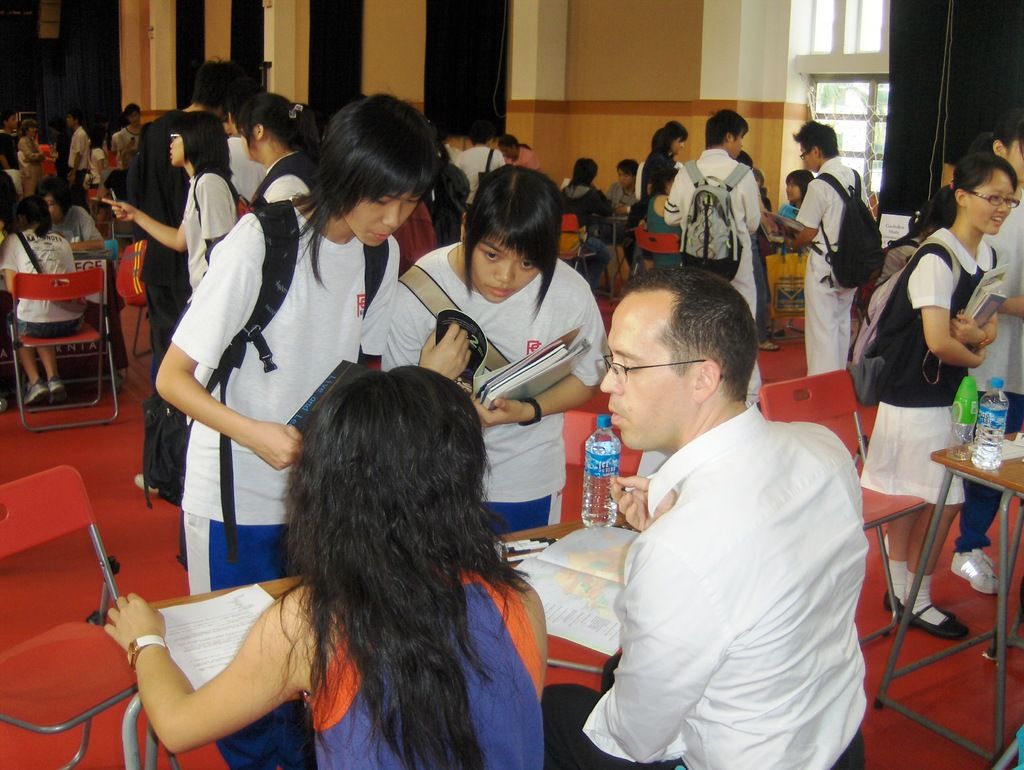"Secondary school's most disadvantaged students have not experienced the anticipated advancements", according to the Inspectorate-General for Education, who expresses significant concern for the well-being of these pupils.
Is the ship sailing smoother for ability-based groups? Amidst choppy waters after a report by the Inspectorate General of Education, Sport, and Research (IGESR), published on June 17, Elisabeth Borne is steering a course correction for this device, which sorts 6th and 5th graders into different groups based on their academic abilities and challenges. Beginning next academic year, ability-based groups will persist, yet with "adjusted methods," the Ministry of National Education declared.
These new methods, which are actually reminders for some, have already been communicated to principals by Elisabeth Borne, as per a letter we've obtained. The Minister of Education urges colleges to focus on "developing specific skills rather than the overall level of students in the two subjects." She also advises against forming groups of students "with distinct needs," such as an immigrant student and a disruptive student. She also suggests leveraging the possibility of regrouping students in their reference class once they've mastered skills after group work.
An elusive flow
But what does the IGESR report say after an investigation by inspectors and discussions with more than 500 students from 39 schools in eight different academic regions? It first recalls that "the implementation of this measure took place in a context of strong union opposition." "The successive ministerial discourses mentioning terms like 'level groups', 'ability groups', and 'groups' have confused the reflections that should have been contemplated within each school," the report observes. Former ministers Gabriel Attal, who initiated the device, and Nicole Belloubet, who succeeded him, have frequently contradicted themselves regarding the terms.
: FEATURE. Teachers weigh in with a mixed verdict on ability-based groups in schools Then, pedagogical teams had a tight timeframe to reorganize themselves. These ability-based groups were put in place unevenly across schools, most encountering practical issues: insufficient classrooms, teachers, or substitutes, and difficulties in constructing schedules. "The mission observed a near absence of student mobility between groups throughout the year," the ministerial report also notes, despite a flexible system with group changes if a student's progress was observed having been promised.
A significant risk of widening the gap
The crux of the matter is that the goal of ability groups - to boost students' learning in their "fundamental skills" - does not appear to have been achieved. According to the report, "the measure offered a glimpse into the immense challenge of learning, but it failed to resolve it." "The students with the most pressing needs, 'with high challenges', have clearly not benefited from the expected progress of the measure. The reasons are numerous, but the risk is significant of seeing the skills gaps widen between students and thus severely weaken the transition to full classes in 4th grade," warn the inspectors. "It is premature to have a precise evaluation of the students' progress," the Ministry of Education says in response to this interim report.
Among the few positive points, they highlight that the measure helps to "rekindle hope" and "drive" in the most struggling students. However, the IGESR suggests rethinking the "systematic" nature of ability groups for 6th and 5th grade for all subjects, "by giving autonomy back to the heads of schools in local decisions."
As for Elisabeth Borne, she awaits a new, more quantitative report, which will be compiled in the fall following the results of 1,500 schools on these ability-based groups. According to her team, she may take "additional action" later on. Even to abandon the device initiated by Gabriel Attal?
- In response to the concerns raised by the IGESR report, there is a call for teachers to reevaluate the effectiveness of ability-based groups, particularly in terms of addressing learning gaps and ensuring equal educational opportunities for all students.
- The minister of education, Elisabeth Borne, is taking a wait-and-see approach, awaiting a more comprehensive report in the fall to determine if further action needs to be taken regarding ability-based groups for 6th and 5th graders, including potential modifications or abandonment of the initiative.








